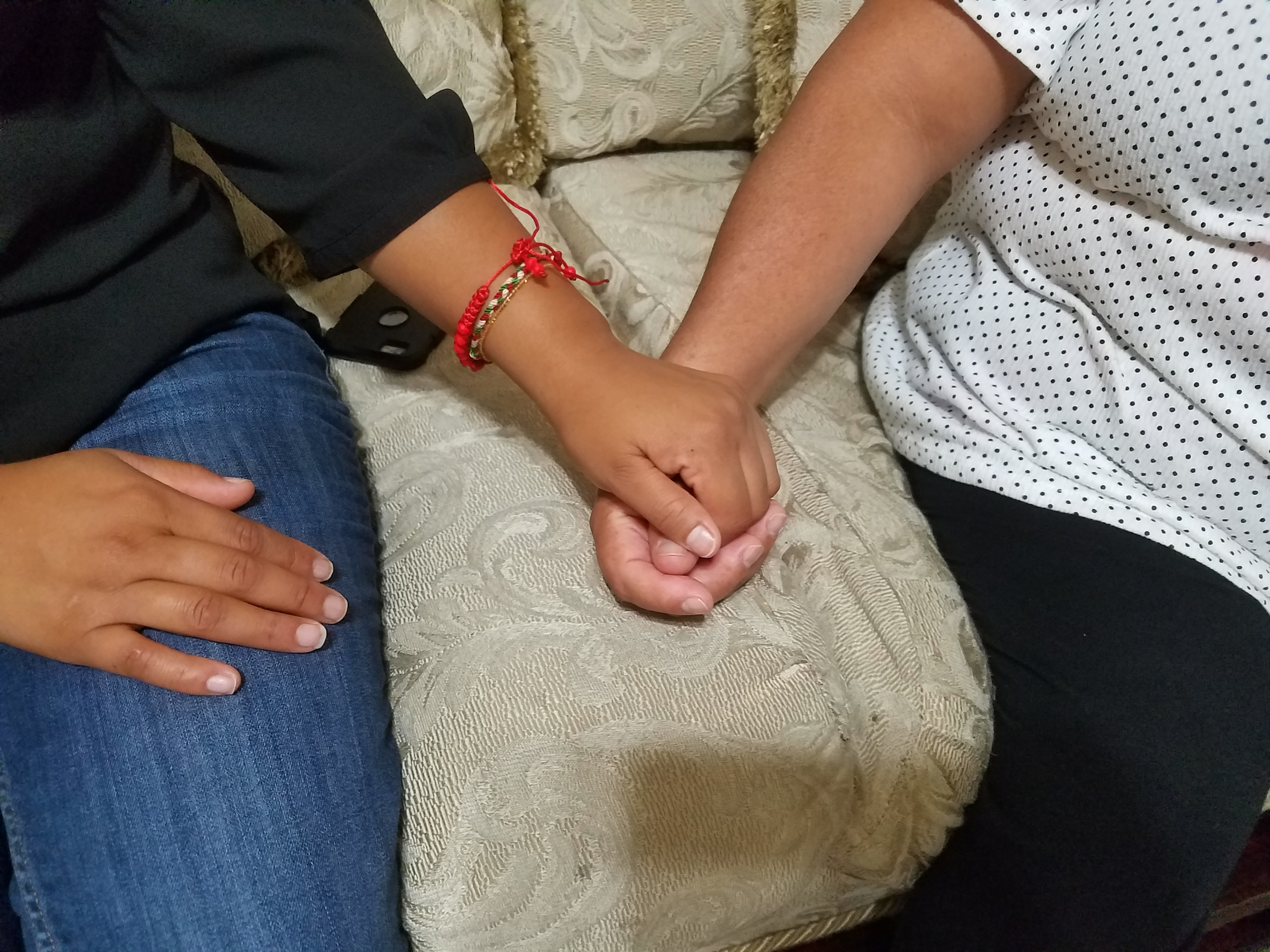
Imagine living most of your life in one city and not knowing which country you will live in ten years from now.
That’s the situation for a 29-year-old undocumented woman in Houston.
“I identify myself more from Houston because I’ve been living here half of my life,” Susana said. “But when I was in Mexico I was a child and now that I’m an adult, I love both countries but certainly more Houston than Mexico.”
We agreed to call her Susana because she and her family live in fear of deportation.
Susana is in the U.S. under the federal Deferred Action for Childhood Arrivals program. The DACA program protects undocumented youth brought to the United States as children from deportation and guarantees a permit to work in the U.S. The program is now in legal limbo under the Trump administration, and that’s left people like Susana and her family afraid to do normal things.
Susana lives with her two parents who are undocumented from Jalisco, Mexico. Her father has to drive long distances to go to work. He’s afraid of being stopped by the police and of getting deported because he doesn’t have permission to work in the United States. Every day he leaves for work, he does it with a new sense of uncertainty.
Susana said her father always says, “Just remember, we don’t know if I will come back because I’m driving seven hours to go to work, and will never know what’s going to be on the way to work.”
The immigrant advocacy organization Fiel Houston (https://fielhouston.org/) says many DACA recipients are part of mixed immigration status families. This gives some family members privileges their loved ones don’t have.
Susana has two nieces and three nephews that were all born in the U.S., which means they enjoy the freedoms and rights of U.S. citizenship.
Susana and her parents don’t travel to other states or to their native country because of their immigration status. That’s why they stay in the city of Houston every day. DACA gives Susana a layer of protection but she knows it’s not complete or long term.
She hopes to return to school to earn a master’s degree. However, she’s uncertain if her hopes of travel and advancing her education have a chance of becoming reality.
“What’s stopping me right now is the immigration law,” Susana said. “I only have DACA right now. It’s the only thing I have right now. So if they remove the DACA program, I will be stuck forever.”
In July, California Attorney General Xavier Becerra and other 19 state attorneys general wrote a letter to President Donald Trump asking him to keep the DACA program. But this summer Texas Attorney General Ken Paxton also petitioned the Department of Homeland and Security to end it.
Susana wants to keep living in the United States, but with a more certain legal status. She doesn’t want to live in fear anymore and wants to live a normal life.
We are finding, coaching and training public media's next generation. This #nextgenradio project is created in partnership with Houston Public Media. Learn more about Next Generation Radio and upcoming programs.
